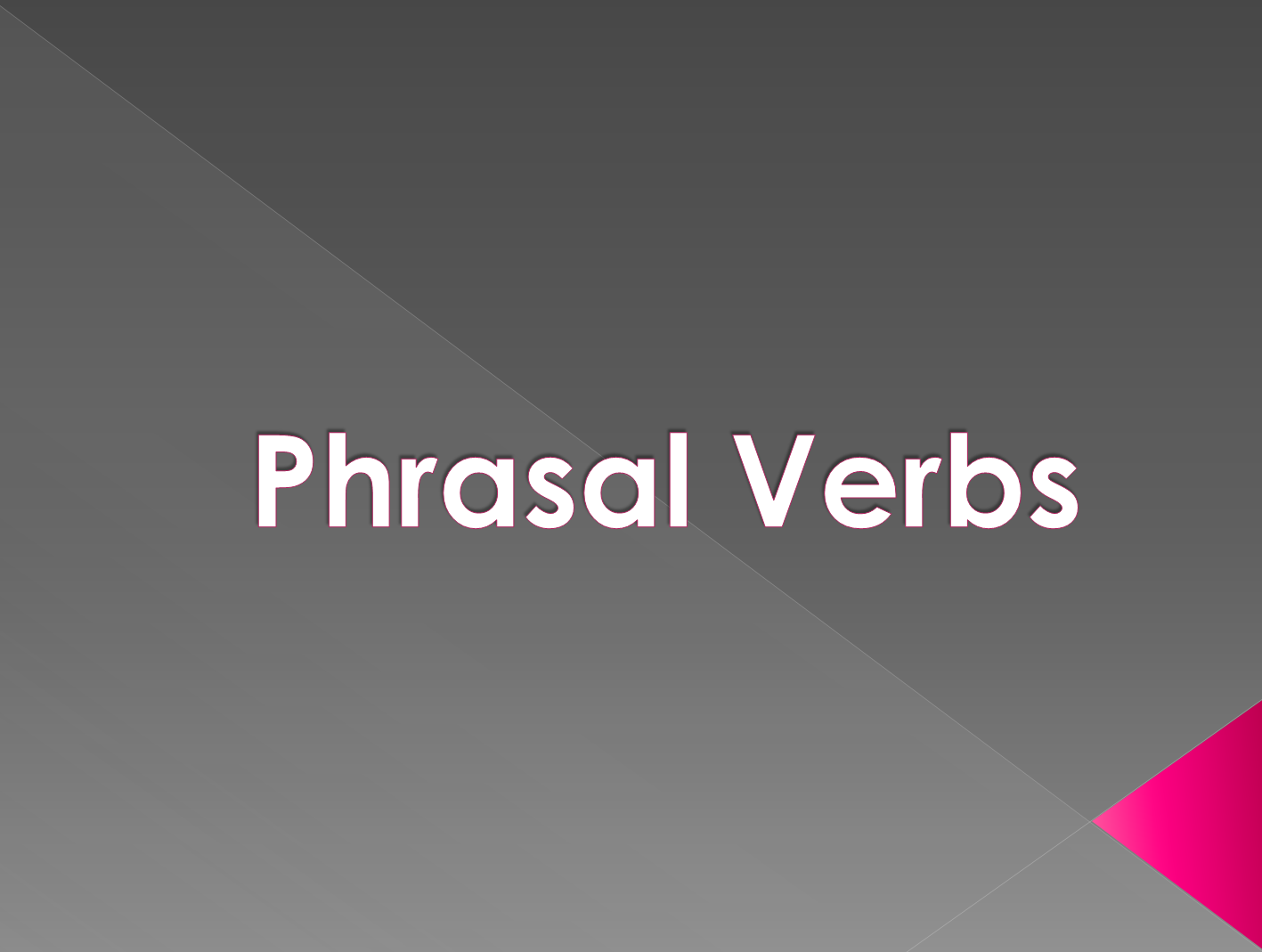
The International English Language Testing System (IELTS) interview is a crucial component for those aspiring to study or work in English-speaking countries. It evaluates your ability to communicate effectively in English. To ace the interview, mastering certain expressions can greatly enhance your performance.
Let’s explore into some useful IELTS interview expressions that cover a spectrum of scenarios.
1. Saying Something in Another Way:
In the IELTS interview, clarity is key. Utilizing different expressions to convey your thoughts effectively can make a significant difference.
- What I’m trying to say is…
- In other words…
- To put it another way…
- What I mean is…
- Perhaps I should make that clearer by saying…
2. Agreeing with an Opinion:
Expressing agreement with the examiner or your own opinions can showcase your confidence and coherence.
- Yes, I agree…
- That’s my view exactly.
- I would tend to agree with that.
- I couldn’t agree more.
3. Disagreeing with an Opinion:
While disagreeing, maintaining a polite tone is crucial. Use these expressions to articulate your dissent diplomatically.
- No, I disagree.
- I’m afraid I disagree.
- I see things rather differently myself.
- I wouldn’t say that is necessarily true.
- I tend to disagree.
- I’m not so sure about that.
4. Partially Agreeing with an Opinion:
Sometimes, you may find yourself agreeing only in part. These expressions help you convey nuanced perspectives.
- I don’t entirely agree. It is true that… however…
- That is partly true, but…
- I agree with that to an extent. However…
5. Getting Asked an Opinion (by the Examiner):
Being asked for your opinion is a common occurrence. These expressions can help you articulate your thoughts effectively.
- What do you think?
- What’s your view/opinion?
- What are your views on…?
- How do you feel about…?
6. Saying Your Opinion Could Vary According to the Situation:
In some instances, your response might be contingent on various factors. Express this effectively with the following phrases.
- That depends…
- I think it really depends…
- That depends on how you look at it.
7. Asking for Clarification:
If you need clarification, use these expressions.
- Could you please explain what…(word)… means?
- Sorry, I don’t understand the question. Could you explain?
- Sorry, I’m afraid I didn’t understand the question.
- Sorry, can I just clarify what you mean. Are you asking me…(say what you believe you have been asked)…
8. Asking for Repetition:
If you miss a question, don’t hesitate to ask for it to be repeated. Clarity is paramount.
- Sorry, would you mind repeating the question?
- Sorry, I didn’t quite catch that. Could you repeat the question?
9. Summing Up:
Concluding your responses effectively is essential for a strong impression. Use these expressions to wrap up your thoughts.
- So all in all…
- To sum up…
- To conclude…
In the high-stakes environment of the IELTS interview, these expressions can serve as valuable tools to help you navigate various scenarios with confidence and clarity. Practice incorporating them into your responses to ensure a polished and effective performance on test day. Good luck!
You may also like:- Idioms and Other Expressions Used For Talking About ‘Work’
- What Are Weasel Words?
- Money and Finance – Test Your Knowledge
- Phrasal Verbs, Idioms and Other Expressions Using ‘CUT’
- How to Say Time in English
- Idioms and Other Expressions Used For Talking About Money
- Shopping and Consumerism – Match the Correct Name
- Phrasal Verbs – Choose the Correct Verb
- Currency Markets – Choose The Best Words
- Personal Qualities – Use the Best Nouns and Adjectives








